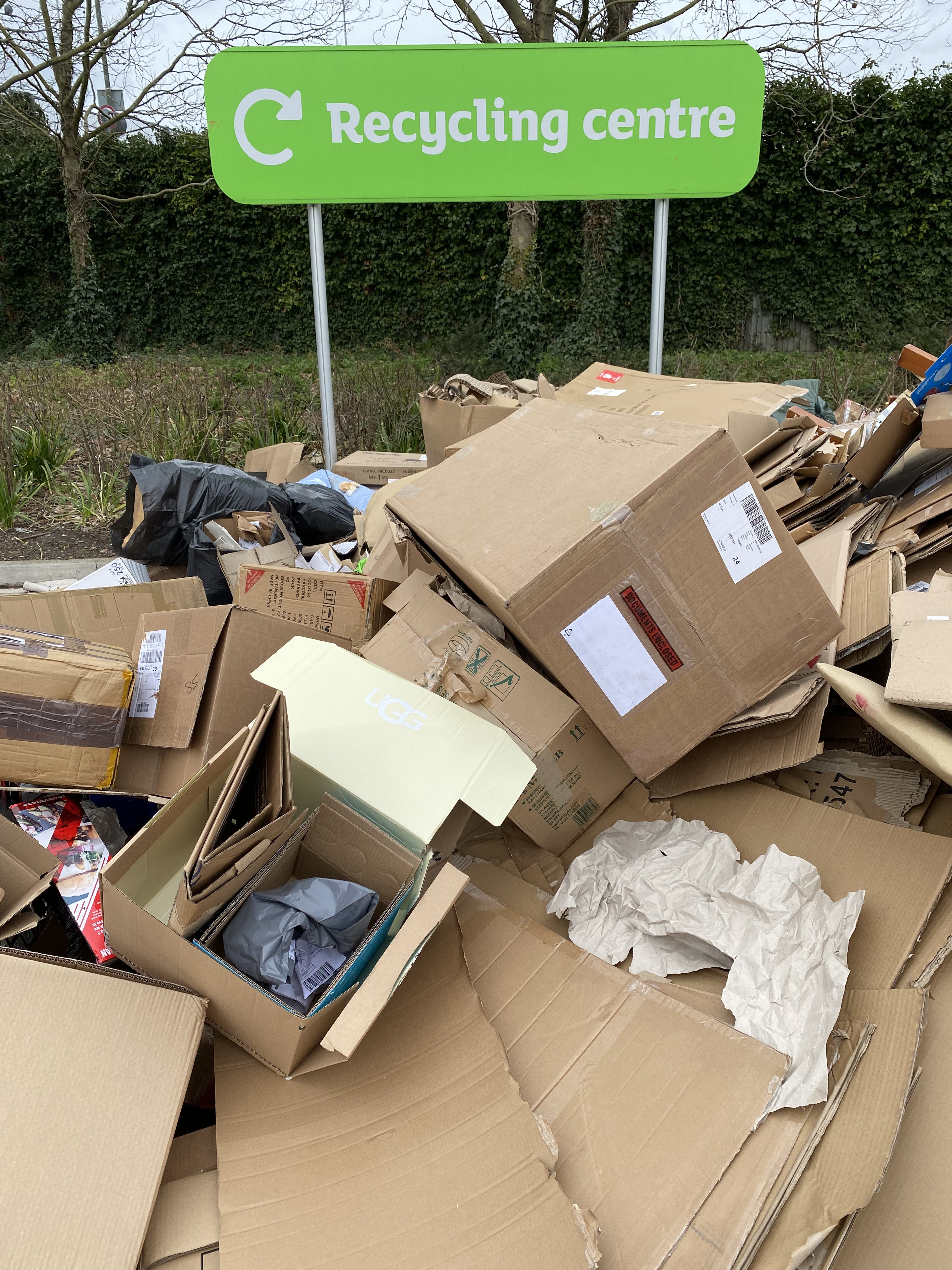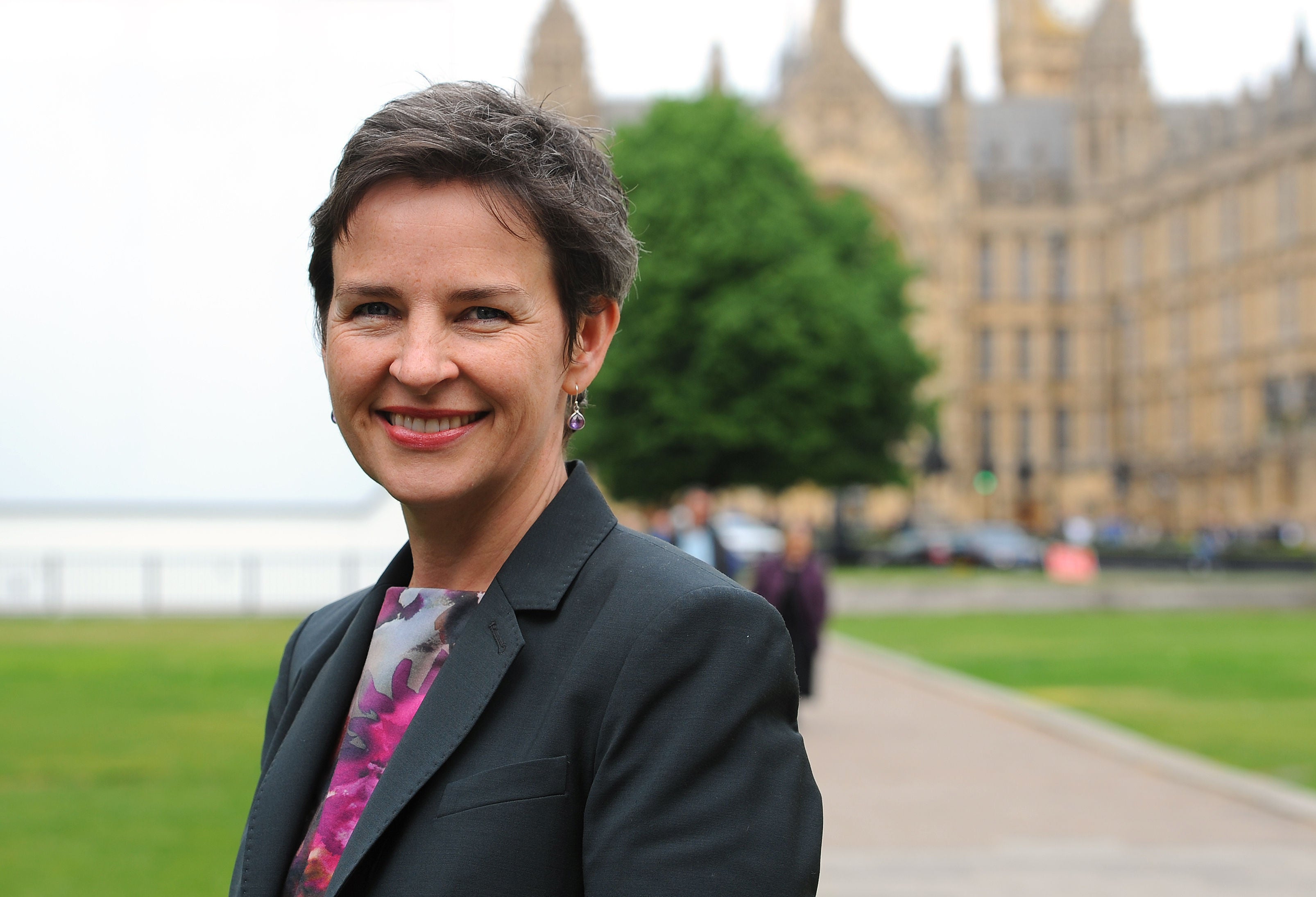English councils are poised to receive a substantial £1.1 billion in recycling funding, sourced directly from fees levied on companies for the packaging they produce.
This marks a significant shift from the current system, where local authorities have historically shouldered the cost of disposing of items like milk bottles and cereal boxes, funded by taxpayers.
The new Extended Producer Responsibility (EPR) scheme, set to come into force this year, will mandate businesses to contribute financially towards the recycling of their packaging.
Companies will begin paying these fees from November, with charges varying based on how difficult the material is to recycle.
It is anticipated that this initiative will incentivise businesses to reduce their packaging use, transition to more easily recyclable materials, and invest in circular economy innovations.
Ultimately, the goal is to significantly cut the volume of waste sent to landfills or incinerators.
The Environment Department (Defra) expects to collect £1.4 billion in EPR fees over the coming months, guaranteeing £1.1 billion of this sum for English councils in the 2025/26 financial year, regardless of the final collection total.

The further £300,000 is expected go to the UK’s devolved authorities to allocate to councils.
Councils will be able to choose how to spend the funding, such as offering local residents more streamlined collections, building new infrastructures or upgrading facilities.
Environment Secretary Steve Reed said all councils must use the funding to deliver improved packaging waste collection services for their communities.
The scheme’s administrator PackUK has been given powers to reduce future funding allocations if evidence shows a council has funnelled it towards other purposes.
More widely, the Government hopes the scheme will help to unlock regional growth, create new green jobs and boost household recycling rates which have seen little improvement over recent years.
It pointed to projects such as waste management firm Veolia’s facility in Southwark which handles and processes materials collected from homes and sends them to be turned into new products.
Environment minister Mary Creagh said: “This Government is cleaning up Britain and ending the throwaway society.
She added that the money “will revolutionise how we deal with our waste and ensure more of today’s rubbish is recycled into tomorrow’s packaging”.

Local government minister Jim McMahon said: “Clean and tidy streets are something everyone wants to see, and these commonsense reforms will help councils achieve that.
“Whether it’s channelling more money into recycling or reforming the outdated funding system, we are fixing the foundations of local government so that it can focus on what matters most to people across the country.”
Jacob Hayler, executive director of the Environmental Services Association, said: “Our members stand ready to invest billions, alongside local authority partners, in the next generation of recycling services, infrastructure and jobs, which will provide a rapid boost to England’s stalled recycling rates.
“The new producer responsibility regime for packaging, alongside other measures to simplify recycling services, will unlock this investment and support our ambition to achieve a circular economy in the United Kingdom over the next decade.”
Jim Bligh, the Food and Drink Federation’s director of corporate affairs and packaging, said: “This announcement is welcome news for both industry and consumers, coming just before producers receive their first invoices for EPR.
“It marks a vital step towards delivering the improvements in the UK’s recycling system that we all want and need.”
Adam Hug, environment spokesperson for the Local Government Association, said: “It’s positive to see the costs of managing packaging waste shift to the industry creating this waste.
“Councils are proud to run some of the best recycling services in the world, with high levels of public satisfaction despite significant financial pressures.
“This success is built on council’s local knowledge and strong links with communities, and we hope the new scheme will support that work and help reduce the amount of packaging ending up in household bins.”
The EPR scheme comes as part of wider Government efforts to boost the circular economy, which also include the delayed deposit return scheme that provides a financial incentive to customers to return empty drinks containers to collection points.
The Circular Economy Taskforce is also working with sectors to create a series of roadmaps to improve the approach to using materials.






